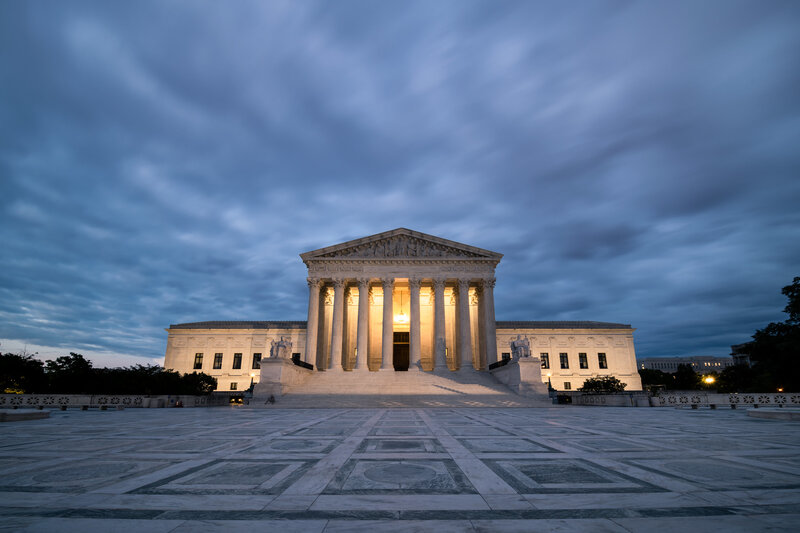Breaking News
Free Speech Nearly Prevails as SCOTUS Favors Ranting Cheerleader

A 14-year-old was suspended from cheerleading for a year over a social media post filled with swearwords in 2017. The Supreme Court of the United States (SCOTUS), Mahanoy Area School District v. B.L., centered on whether or not schools had the right to suppress a student’s right to free speech for anything they say or post while off-campus. In an 8-1 ruling on June 23, 2021, the justices favored the student.
The court determined the punishment was too severe but fell short of protecting free speech for students when off-campus. The justices declined to say schools did not have a role in limiting language used when students are no longer on campus.
Justice Stephen G. Breyer wrote an 11-page majority opinion in which he stated:
It might be tempting to dismiss B.L.’s words as unworthy of the robust First Amendment protections. But sometimes it is necessary to protect the superfluous in order to preserve to neccessary.
 Brandi Levy (B.L.), now 18, was a high school freshman who posted the expletive-filled Snapchat message sent to about 250 friends out of frustration. Her angst was about being passed over for the Mahanoy Area High School varsity cheerleading squad.
Brandi Levy (B.L.), now 18, was a high school freshman who posted the expletive-filled Snapchat message sent to about 250 friends out of frustration. Her angst was about being passed over for the Mahanoy Area High School varsity cheerleading squad.
As a teenager, she had to share her disappointment the best way she knew — Snapchat. So, on a Saturday, she posted a photo of herself and a friend. They posed with upraised middle fingers, and this rant to ef-school, ef-softball, ef-cheer, ef-everything never thinking exercising free speech would cause trouble at school.
Messages on Snapchat are temporary; hers would be gone in 24 hours. But someone alerted her cheerleading coaches. As a result, she was suspended for exercising her right to free speech — for a year. However, she was not suspended from school.
“Young people need to have the ability to express themselves without worrying about being punished when they get to school,” explains Levy in a statement on Wednesday. “I never could have imagined that one simple snap would turn into a Supreme Court case.” Nevertheless, she says she is proud that, as a family, they worked to advocate for free speech for millions of students.
American Civil Liberties Union attorneys for Levy argued that school principals should not be allowed to punish students for exercising free speech off-campus and on social media. They contend doing so would give schools too much power to monitor harmless interactions with their friends, thereby denying them free speech.
Whereas, school officials stated they need to discipline bullying and cheating before it makes its way into the classroom.
Associate Justice Clarence Thomas dissented. He believed the Court’s opinion did not clearly set a standard for schools to try to follow. Several of the justices stated they were concerned about “setting a hard-and-fast standard for when schools could regulate off-campus speech.”
Written by Cathy Milne-Ware
Sources:
USA Today: Supreme Court sides with cheerleader who wrote profane social media post slamming her school; by John Fritze
The Washington Post: Supreme Court sides with high school cheerleader in free-speech dispute over profane Snapchat rant; by Robert Barnes
Featured and Top Image Courtesy of Geoff Livingston’s Flickr Page – Creative Commons License
